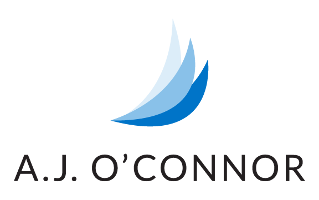
Overcoming Cultural Differences in the Workplace: Building Bridges to Evolve Your Work Practices
Diversity in the workplace isn’t just a buzzword but a reality. More often than even before, companies are bringing together individuals from various cultural backgrounds, each with their unique perspectives, values, and work styles. While this diversity can be a tremendous asset, it also presents challenges in terms of overcoming cultural differences and finding common ground to enhance work practices.
When working with clients to create strategies and programs to evolve and blend diverse views, AJO encourages leaders to consider these factors to understand and bridge cultural gaps in the workplace. These will help develop practical strategies that achieve harmony and productivity in diverse teams.
The Significance of Cultural Awareness in the Workplace
Cultural diversity in the workplace has become increasingly common as organizations expand globally. According to a study by McKinsey & Company, companies with ethnically and culturally diverse executive teams are 33% more likely to outperform their peers in terms of profitability. However, to harness the full potential of diversity, it’s crucial to address cultural differences effectively.
The first step in overcoming cultural differences is acknowledging their existence. A survey conducted by Deloitte found that 67% of employees believe their organizations do not effectively manage diverse workforces. This highlights the need for recognition and action.
Building Bridges Across Cultures
To evolve work practices and create a harmonious work environment, it’s essential to build bridges that connect individuals from different cultural backgrounds. Here are three key strategies:
- Cultural Sensitivity Training: Providing cultural sensitivity training to employees is a proactive approach. A study by the Society for Human Resource Management (SHRM) found that organizations that offer diversity training have a 46% higher return on equity.
- Effective Communication: Misunderstandings often arise from differences in communication styles. Encourage open and transparent communication within the team. A study by the Harvard Business Review reported that companies with open communication cultures were more likely to innovate and adapt successfully.
- Cultural Exchange Programs: Implementing programs that facilitate cultural exchange can help employees gain insights into each other’s backgrounds. This could include language classes, cultural celebrations, or mentorship initiatives. According to Forbes, such programs can improve employee morale and retention.
Respect for Cultural Differences
Respect for cultural differences is a cornerstone of bridging gaps in the workplace. Creating an environment where each individual feels valued and respected is crucial for team cohesion. One important step is to encourage an inclusive culture where everyone’s contributions are recognized and appreciated. Research by Gallup indicates that organizations with highly engaged employees experience a 17% increase in productivity.
It’s important to know that bias can hinder progress in overcoming cultural differences. Implement strategies to address unconscious bias through training and awareness programs. A study published in the Journal of Experimental Social Psychology found that raising awareness of biases can lead to more equitable decision-making.
Adaptability and Flexibility
Adaptability and flexibility are essential qualities for individuals and organizations alike. Consider adopting flexible work practices that accommodate different cultural needs. This can include flexible hours, remote work options, or allowing employees to observe important cultural holidays. A report by the World Economic Forum suggests that flexible work arrangements can boost employee satisfaction and retention.
Encouraging a culture of continuous learning and improvement can also go a long way. By fostering a growth mindset, employees are more likely to embrace change and adapt to new ways of working. According to a survey by LinkedIn, 94% of employees would stay at a company longer if it invested in their learning and development.
Conflict Resolution and Mediation
Despite efforts to understand and respect cultural differences, conflicts may still arise. Effective conflict resolution is crucial in maintaining a harmonious workplace. Provide training in conflict resolution and mediation techniques to empower employees to address conflicts constructively. Research from the Association for Talent Development (ATD) shows that organizations with conflict resolution training programs report a 53% decrease in workplace conflicts.
Finally, don’t undervalue your diversity in leadership positions to set an example for the organization. A report by Catalyst found that companies with a higher percentage of women in leadership roles had a 27% higher return on invested capital.
Cultural Inclusion is a Journey
Overcoming cultural differences in the workplace is a journey that requires commitment, understanding, and ongoing effort. By recognizing the significance of cultural awareness, building bridges, fostering respect, promoting adaptability, and implementing conflict resolution strategies, organizations can harness the full potential of their diverse workforce.
It’s important to remember that diversity is not just a checkbox to be filled but a valuable asset that can lead to innovation, improved decision-making, and ultimately, success in today’s globalized business world. By embracing and celebrating cultural differences, organizations can evolve their work practices and create a workplace where every individual can thrive.
Related Posts:
Unlocking Success: Overcoming the Barriers to Coaching for Performance
The Power of Transparent Communication: A Vital Leadership Competency

